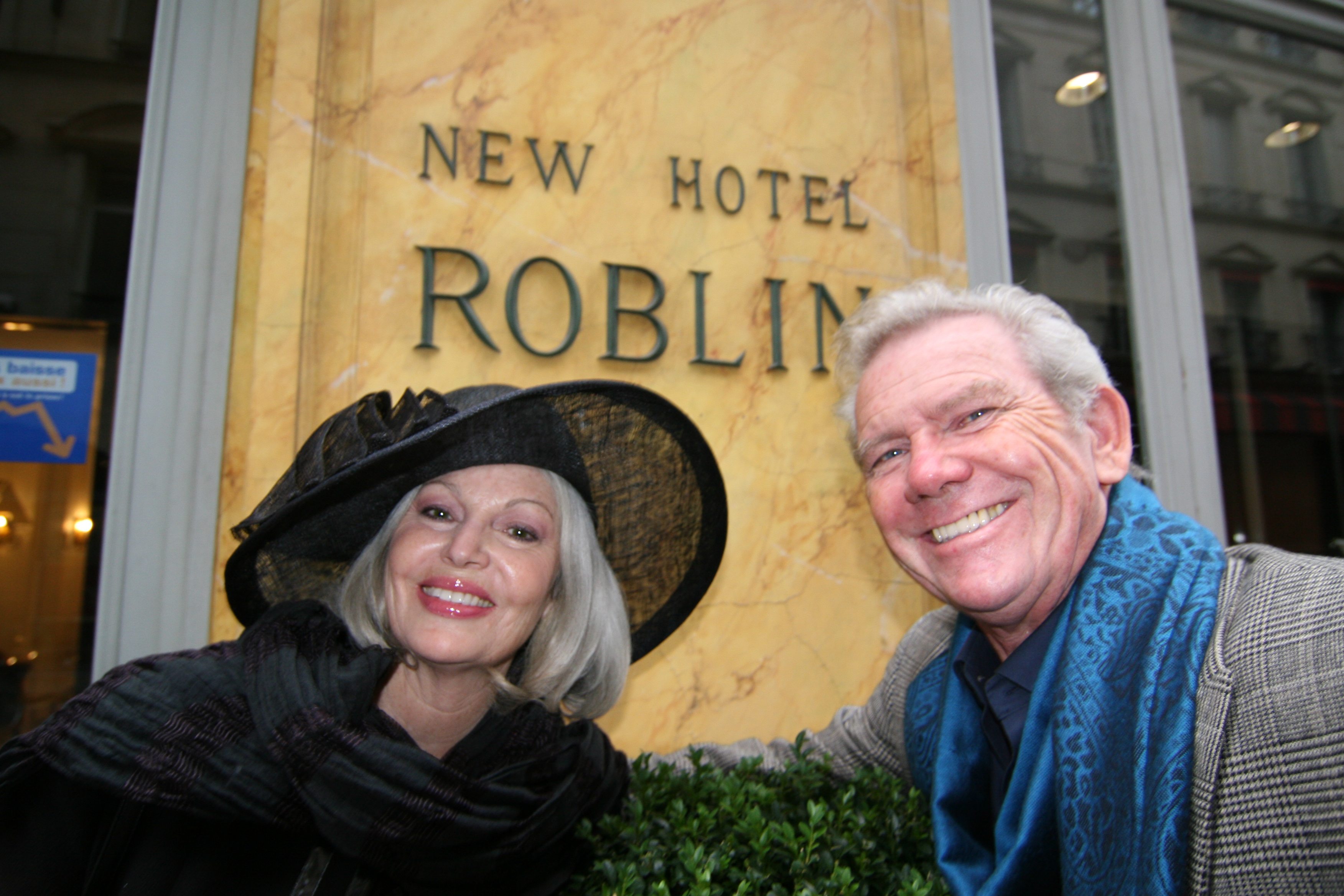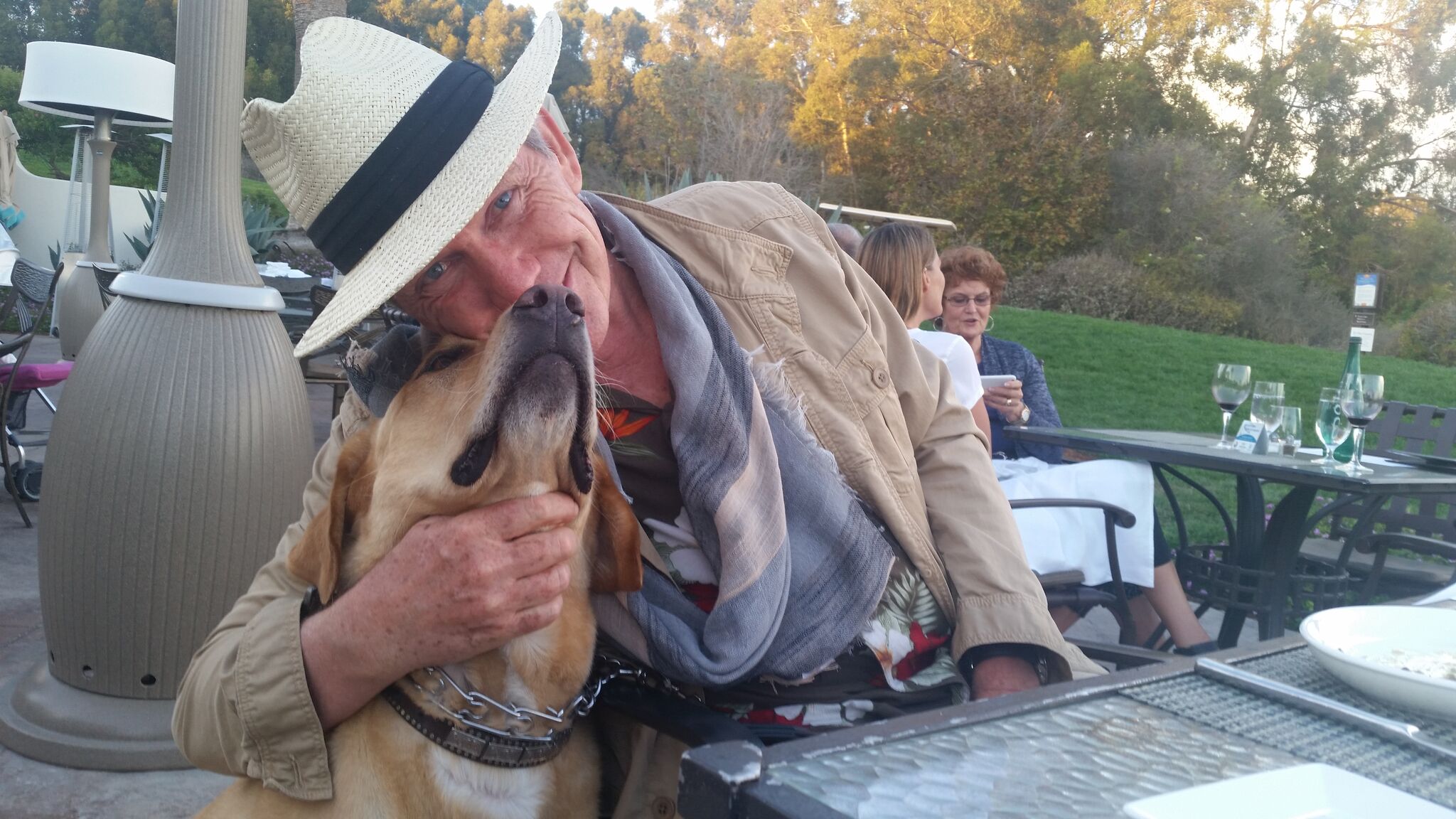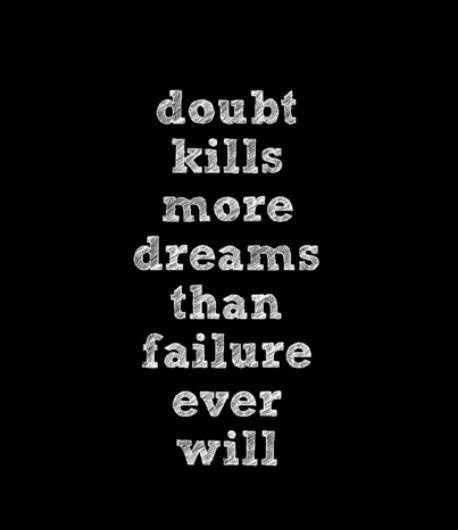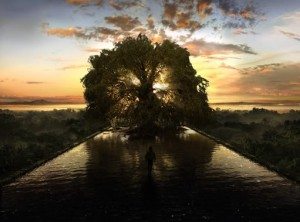 By Nancy Chuda Founder and Editor in Chief of LuxEco Living and Healthy Child Healthy World
By Nancy Chuda Founder and Editor in Chief of LuxEco Living and Healthy Child Healthy World
Where do we go when we die? How can we find mercy, forgiveness and love?
There is no turning back the clock. Time does not wait for those who are waiting to find answers in their lives. But time does stand still for hours in Malick’s fifth feature, The Tree of Life starring Brad Pitt, Jessica Chastain and Sean Penn. It premiered at the 2011 Cannes Film Festival where it won the Palme d’Or before being released in the United States.
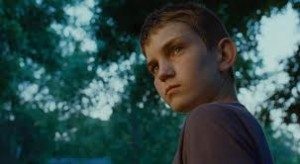 A superbly conceived but somewhat stilted family drama rich in Christianity’s emotional tapestries and the upheavals and uncertainties of life, reveals Brad Pitt who plays father to three sons, one being Sean Penn, brilliantly portrayed in his youth by Hunter McCracken.
A superbly conceived but somewhat stilted family drama rich in Christianity’s emotional tapestries and the upheavals and uncertainties of life, reveals Brad Pitt who plays father to three sons, one being Sean Penn, brilliantly portrayed in his youth by Hunter McCracken.
Penn grows up to discover the weight of the world. He wrestles with the death of his younger brother and his own haunting childhood having been tied to the constraints of modernity and his emotional architecture that holds him hostage to even more primal memories; wounds of abuse, abandonment and resentment towards a tyrannical father whose rage keeps him trapped in feelings of despair for his own insignificance and sense of failure. In this case, the evil and wrong doings bred into the eldest child, Penn, awakens a profound sibling psychology and questions the nature of good versus evil between brothers.
 Life does not provide beautiful rainbows of hope from sickness, suffering and death. Instead, Malick’s Machiavellian determination was to craft a film about the ultimate salvation and to find God in all things beautiful and beyond. A stretch of his imagination and special effects becomes the real backdrop in this drama. While seated in a darkened theater we are treated to a Smithsonian utopia of natural occurrences some real and others surreal; lava emerging from volcanoes, galaxies spinning in space, sea creatures emerging from out of darkness, the breaking of dawn and a new day. All signs pointing to the continuity of life and death. Even a baby dinosaurs plea for life is meant to captivate if not consume non-creationists. A bit too far of a stretch for me.
Life does not provide beautiful rainbows of hope from sickness, suffering and death. Instead, Malick’s Machiavellian determination was to craft a film about the ultimate salvation and to find God in all things beautiful and beyond. A stretch of his imagination and special effects becomes the real backdrop in this drama. While seated in a darkened theater we are treated to a Smithsonian utopia of natural occurrences some real and others surreal; lava emerging from volcanoes, galaxies spinning in space, sea creatures emerging from out of darkness, the breaking of dawn and a new day. All signs pointing to the continuity of life and death. Even a baby dinosaurs plea for life is meant to captivate if not consume non-creationists. A bit too far of a stretch for me.
 In The Tree of Life, Malick’s interpretation, his own philosophy, is based on characters who are co-dependent on a savior and their need for salvation. And through this experience we are led to believe that the sins of our fathers, literally interpreted through Malick’s words and choice for musical composition, here is where Bach’s Passacaglia and Fugue in C Minor warns of an omniscient trend- “to do unto others what they would have done unto you.”
In The Tree of Life, Malick’s interpretation, his own philosophy, is based on characters who are co-dependent on a savior and their need for salvation. And through this experience we are led to believe that the sins of our fathers, literally interpreted through Malick’s words and choice for musical composition, here is where Bach’s Passacaglia and Fugue in C Minor warns of an omniscient trend- “to do unto others what they would have done unto you.”
We are left questioning what can’t ever be resolved. Why do the good die young? And in the end, are we all God’s children?
In fact, from a historical Christian perspective, we are. But what comes to life for those who do not believe in a savior is the sense that sin remains a true force in all human life as does good. Perhaps Malick’s greater interpretation and fine work in Days of Heaven reveals that heaven is here on earth and because of earth itself there are many proverbial trees for life.
True salvation love and forgiveness comes from finding compassion for having bear witness to life’s many obstacles. Sickness, suffering and death are the shared tribunals in all of our lives no matter what. God within or without, we each seek to find answers before awakening to a self for higher purpose and for humanity. The Tree of Life is none other than life itself.


